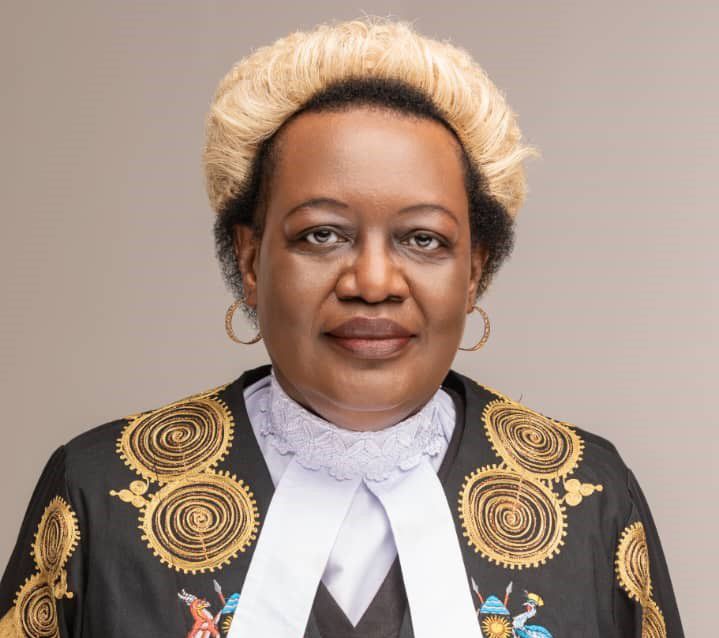Home Affairs Committee Chair Defends Campaign Funding Decision Amid Criticism - South Africa Today
The chairperson of Parliament’s Portfolio Committee on Home Affairs, Mosa Chabane, has defended the committee’s decision to amend political party funding regulations, despite criticism from civil society and opposition parties.
The move, which increases the threshold for undisclosed donations to political parties, has sparked concerns over transparency ahead of the 2026 municipal elections. NGO My Vote Counts has questioned the urgency of the amendment, noting it was passed while a related Western Cape High Court judgment is still pending.
In an interview, Chabane clarified that the amendment was necessitated by a Constitutional Court ruling, which found flaws in the previous regulations.
“It was as a result of the Constitutional Court judgment that we ought to change the draft resolution on the quantum and the process of public consultation,” Chabane said.
The revised regulations raise the allowable undisclosed donation limit from R100,000 to R200,000 for individuals and from R15 million to R30 million for entities. Critics argue this could lead to unchecked money influencing local government elections.
Chabane acknowledged concerns over accountability but stressed that the committee had engaged stakeholders and political parties before finalizing the decision.
“We’ve initiated a review of the Political Party Funding Act to assess compliance and strengthen oversight,” he said, adding that the Independent Electoral Commission (IEC) would be empowered to monitor adherence.
However, some political parties have criticized the IEC’s capacity to enforce compliance, while others demand stricter auditing of party finances beyond bank records.
With My Vote Counts awaiting a High Court ruling that could deem the amendment unconstitutional, Chabane maintained that Parliament had followed due process.
“If there’s discomfort with the decision, stakeholders can approach the courts,” he said, emphasizing that the changes corrected previous anomalies in donation limits.
The revised funding rules come as South Africa’s political landscape shifts under a government of national unity. Analysts warn that relaxed disclosure requirements could deepen concerns over opaque campaign financing.
As debate continues, civil society groups vow to challenge the amendments, setting the stage for a legal and political showdown ahead of the next municipal polls.








